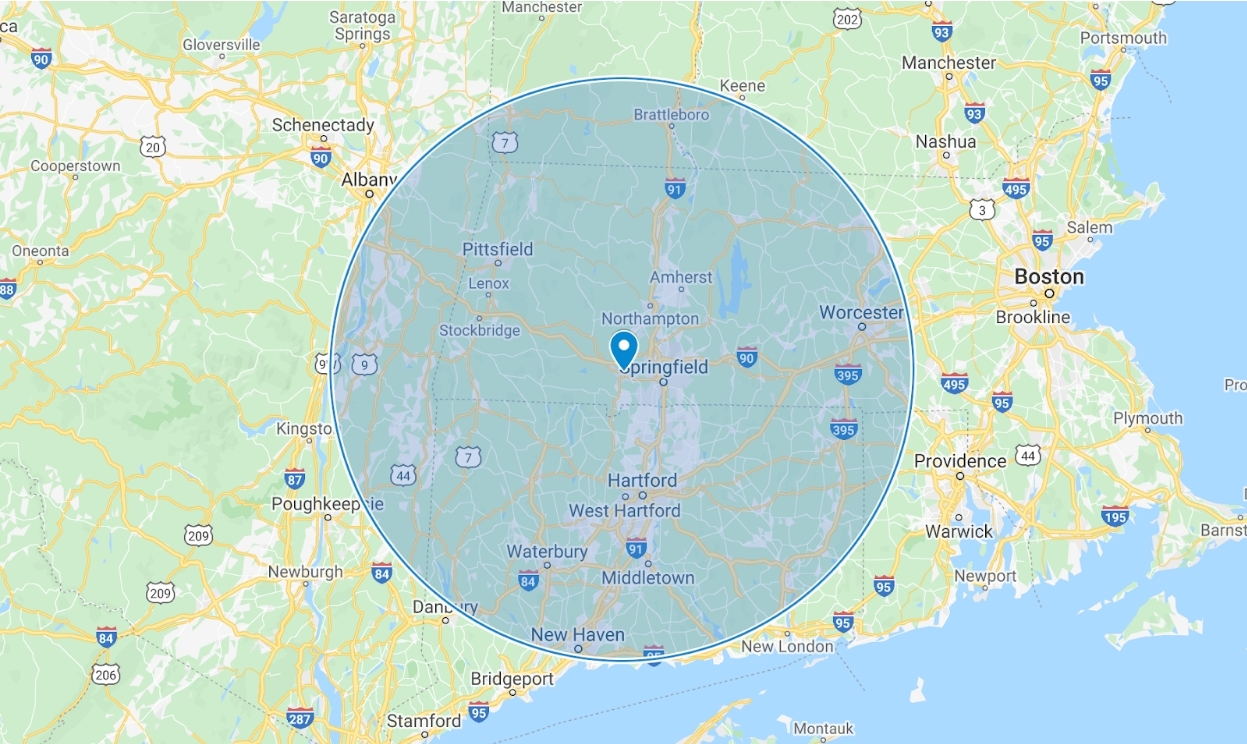Geolocation accuracy
One of our greatest priorities is to keep our data as accurate as possible. In cases where it's not possible to be as accurate as we would like, we are transparent with our customers about technological and other limitations.
Limitations to IP geolocation
It is not possible for us to guarantee 100% geolocation accuracy. Accuracy exhibits high variability according to country, distance, type of IP (cellular vs. broadband, IPv4 vs. IPv6), and practices of ISPs. We do not guarantee exact matches to our competitors' data, nor identical accuracy to theirs, as we may use different data providers in some instances.
It is also important to note that GeoIP geolocation data is never precise enough to identify or locate a specific household, individual, or street address.
Some times, even for IP addresses we can geolocate quite well, we cannot geolocate the person who is using the IP address. For example, if someone is using an anonymizing proxy like a VPN, or someone is hosting a web site, we may be able to geolocate the web server being used to run the VPN or host the web site, but we will not be able geolocate the end-user or the business associated with the web site. Learn more about anonymizer and proxy detection in GeoIP products and services.
“Missing” IPs
In certain cases, an IP address will not appear in MaxMind database, meaning there will be no row in the database in which the IP address is contained within a network.
This is often due to privacy opt-out requests, but it may also be due to an IP address not being routed on the internet. Due to data privacy regulations, MaxMind is unable to confirm that an IP is missing due to a privacy opt-out request.
If you would like to learn more, we have a blog post explaining some of the technological issues and limitations for IP geolocation accuracy.
Overview of GeoIP geolocation accuracy
With those limitations in mind, we estimate that our GeoIP products can identify users at the country level with 99.8% accuracy. For IPs located within the U.S., we estimate around an 80% accuracy at the state/region level, and a 66% accuracy for cities (within a 50km radius of that city). Learn more about geolocation areas (our accuracy radius) and how to use it on our blog.
You can get more information about the accuracy of our IP geolocation data for other countries using the GeoIP City accuracy page on our main website.
Variations in geolocation accuracy
Some IP addresses cannot be located with the same accuracy as others. For example, IP addresses used in mobile networks may be used by mobile phones across a large distance. Other IP addresses may be used as part of a business VPN or consumer privacy network, so the end-user may be anywhere within a region, but more specific geolocation is not possible. Learn more about business VPNs and consumer privacy networks.
In cases where we cannot geolocate an IP address with a high level of specificity, we will not include more granular data. For example, if an IP address is part of a mobile used across the state of Massachusetts in the United States, we would include continent, country, and subdivision (state) data for the IP address, but we would not include city or postal code data. You should set up your integration with GeoIP products and services to fall back on less-specific geolocation data when more specific data is not available.
Accuracy radius
In our geolocation products with city-level geolocation data, we will also include an accuracy radius, to give you a sense of how accurate our geolocation is for that IP address.

In the example above, GeoIP products and services return the coordinates 42.1293, -72.7522 with an accuracy radius of 100km. The actual geolocation of the IP address is likely within the 100km-radius circle shown above.
Geolocation confidence
Some of our geolocation products also include confidence factors. Confidence factors are our confidence, expressed as a percent, that our geolocation values are correct. We provide confidence factors for the country, city, subdivisions, and postal code values in our GeoIP Enterprise database and our GeoIP Insights web service.
You can use confidence factors to build more powerful geolocation responses, using fallback value of less granular geolocation data when the geolocation confidence falls below a certain threshold. For example, if the confidence for city-level location for an IP lookup fell below 50, you could design your integration to use the subdivision-level location value instead.
Our developer portal has specifications for our confidence factors:
- Read the database specifications for our confidence factors on our developer portal.
- You can read the API specifications for our confidence factors on our developer portal:
Keeping your data accurate
If you use databases rather than web services, you should download database updates as they are released in order to make sure you have the most accurate geolocation data possible. Learn more about updating databases. All database customers and users are required to maintain up to date databases as part of their license agreement. Learn more the requirements for keeping data up to date.
Web services customers will always have access to our most accurate data.
Problems with our IP geolocation data
In almost all cases, MaxMind follows ISO to determine which country a particular subdivision belongs to, even in cases where a region is disputed. When alternative country assignments are available under ISO, MaxMind's decision about country association is not based on any political position.
Our data team works hard to keep our data accurate. We are always glad to review IPs to ensure our accuracy is as close to perfect as we can get it. Please reach out to our support team if you have questions about a particular IP address. You can also submit a data correction request.